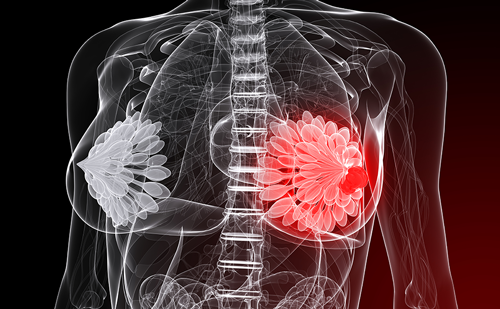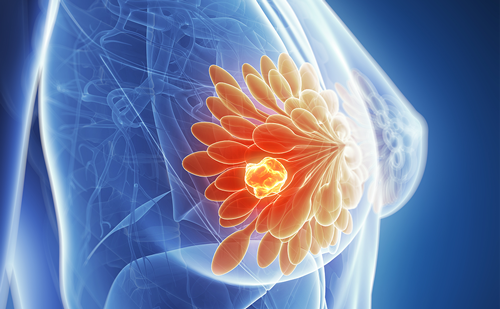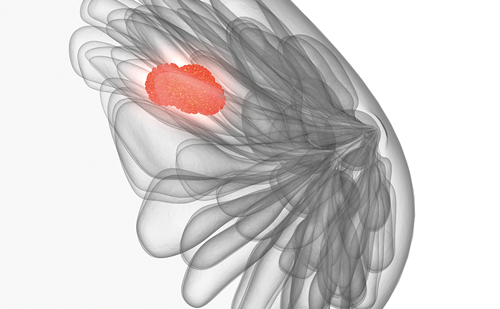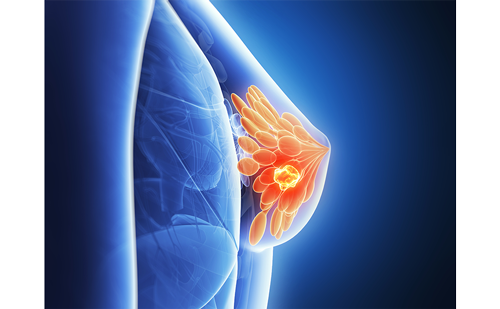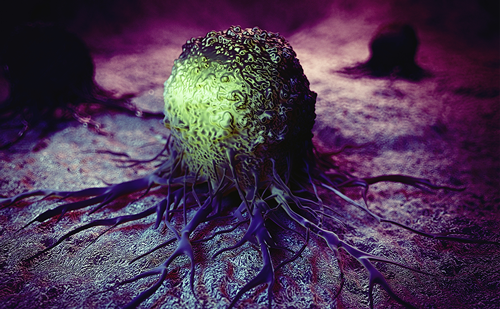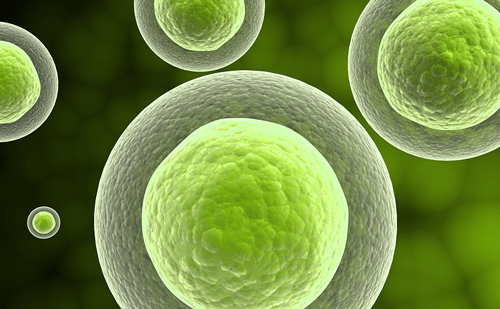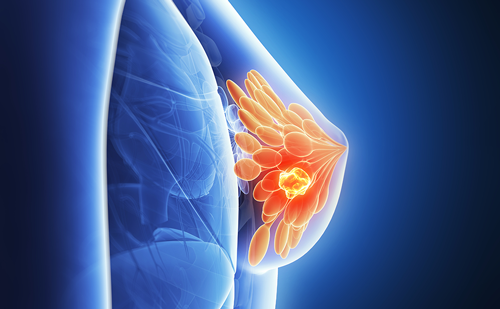Welcome to the latest edition of touchREVIEWS in Oncology & Haematology, which features a wealth of topical and practical content for oncologists and haematologists, as well as being of interest to the wider medical community. We open with an editorial by Joseph Franz and Sagar Lonial, looking at the potential of the ATLAS trial (ClinicalTrials.gov Identifier: NCT02659293) and how this might shape the future of post-transplant maintenance therapy for patients with multiple myeloma.
The journal then presents a series of review articles, beginning on the subject of triple-negative breast cancer, a biologically aggressive cancer that has been difficult to treat in the past. Keenan et al. review current and emerging molecular targeted therapies in this treatment setting.
Moving on to gastrointestinal cancers, Cefali et al. discuss the expanding treatment armamentarium for BRAF-mutant metastatic colorectal cancer, including combination strategies and targeted maintenance strategies. In addition, Gibson et al. consider the role of serial biopsies in prognostication and the assessment of the immunobiology of oesophageal and oesophagogastric junction cancers.
While muscle-invasive bladder cancer (MIBC) constitutes only 20–25% of bladder cancer cases, it is associated with higher risks of progression and metastasis. Lucero et al. describe the expansion and future directions of the treatment paradigm in non-metastatic MIBC, with a focus on immune checkpoint inhibitors.
The mainstay of the treatment of metastatic hormone-sensitive prostate cancer is androgen deprivation therapy with either docetaxel, chemotherapy or an androgen receptor pathway inhibitor. However, recent data have demonstrated the benefits of triple therapy comprising an androgen-receptor pathway inhibitor, androgen deprivation therapy plus docetaxel. In a review article, Hack et al. consider this evolving treatment paradigm.
There are currently limited treatment options for disease relapse or progression in human papillomavirus (HPV) associated head and neck squamous cell carcinomas (HNSCC). Yun and Cohen review the clinical utility of HPV ctDNA as a prognostic biomarker and a predictor of treatment response and risk for recurrence in HNSCC.
Our attention now shifts to haematological malignancies. Bittar et al. review recent advances and emerging therapies in acute myeloid leukaemia. Singhal and Kumar consider the advantages of oral therapies in the long-term management of multiple myeloma, and also review the current oral regimens and their combinations.
Finally, Young and Tan outline the clinical development of trilaciclib, a novel agent that displays promise in the treatment of extensive-stage small cell lung cancer and advanced triple-negative breast cancer.
The editors of touchREVIEWS in Oncology & Haematology would like to thank our contributors for producing insightful and informative articles. We are also grateful to all organizations and media partners for their ongoing support, and to our editorial board for their continued involvement and advice. We hope that you will find this edition useful and interesting.
Shaji K Kumar, MD
Shaji K Kumar, MD, is a consultant in the Division of Hematology, and Professor of Medicine in the College of Medicine at the Mayo Clinic, Rochester, MN, USA. He is currently the chair of the National Comprehensive Cancer Network (NCCN) panel on multiple myeloma and is the co-chair of the National Cancer Institute Multiple Myeloma Steering Committee. He is a member of several professional societies, including the American Society of Hematology, American Society of Clinical Oncology, American Association for Clinical Research, American Society for Blood and Marrow Transplantation, American Medical Association, Association of Physicians of India and the European Hematology Association. His work has appeared in many peer-reviewed journals such as Lancet Oncology, Journal of Clinical Oncology, Blood Cancer Journal, Leukemia, American Journal of Hematology, Mayo Clinic Proceedings, Blood and European Journal of Hematology. Dr Kumar’s research efforts are directed toward studying novel treatment approaches in myeloma through well-designed clinical trials. He is principal investigator on multiple phase I, II and III trials for plasma cell malignancies, which include a combination of Mayo Clinic investigator-initiated trials, industry-sponsored trials, and cooperative group trials. From a translational research standpoint, his laboratory has focused on development of new agents for plasma cell malignancies, with a particular emphasis on the tumor microenvironment. Dr Kumar receives ongoing support for research from the National Institutes of Health and the National Cancer Institute.


